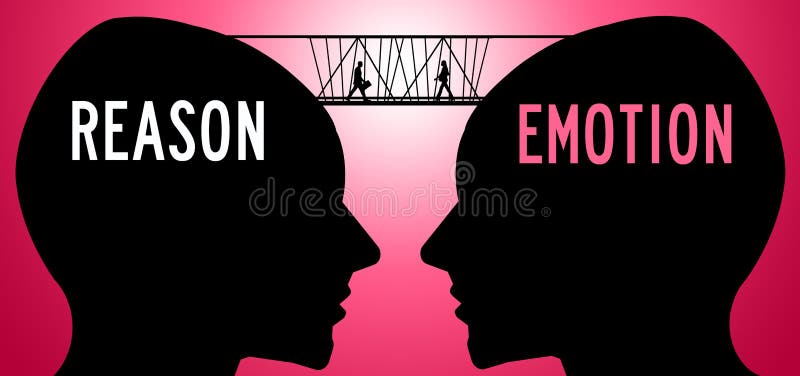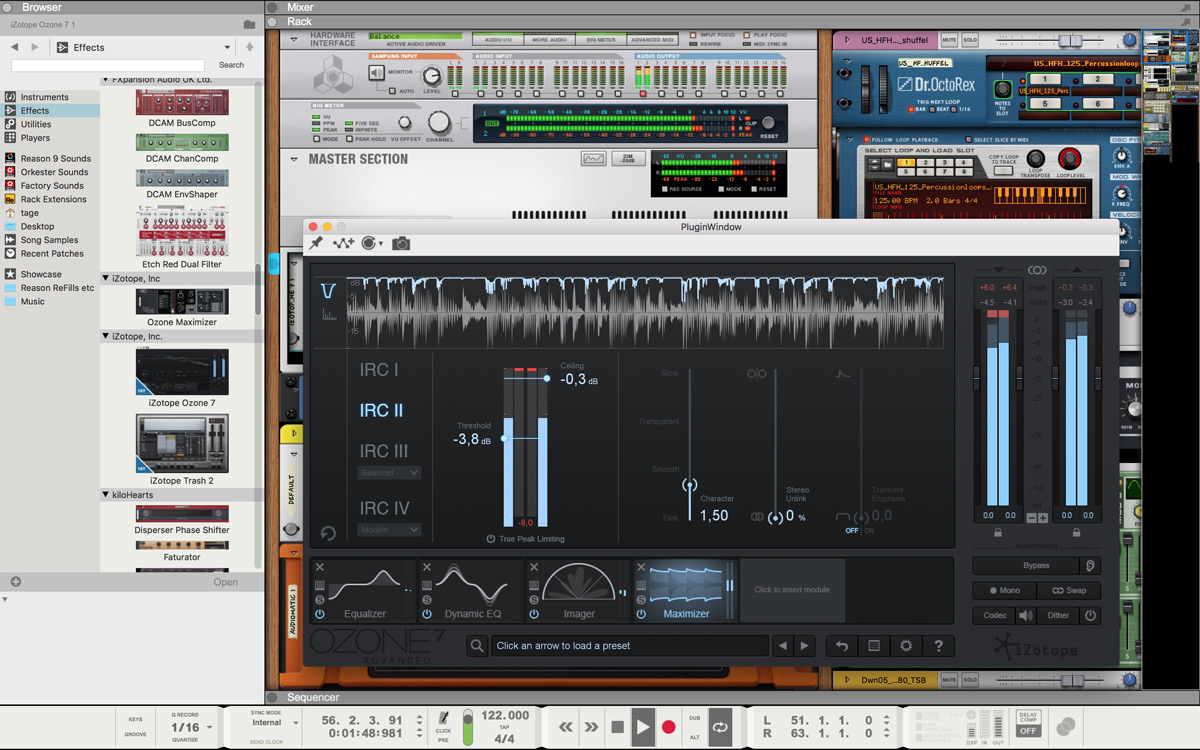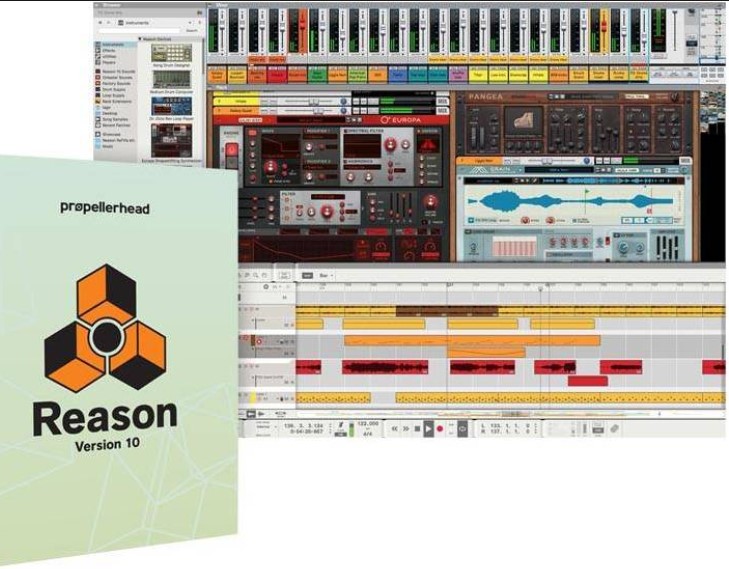Have you ever found yourself wondering what was the reason behind something that happened? Perhaps you have experienced a situation where you were left feeling confused and frustrated, unable to understand why things turned out the way they did. In this article, we will explore the concept of reason and delve into the different factors that contribute to it.
The Definition of Reason

Reason can be defined as a cause, explanation or justification for an action, event or decision. It is the underlying factor that leads to a particular outcome. When we understand the reason behind something, we are able to make sense of it and gain clarity about the situation.
The Importance of Understanding Reason

Understanding the reason behind something is crucial because it helps us to make informed decisions and take appropriate action in response to a situation. When we know the reason, we are able to identify the root cause of the problem and address it effectively. This can prevent the same issue from occurring again in the future.
The Role of Emotions in Reasoning

Emotions can play a significant role in the way we reason. When we are feeling emotional, our ability to think logically and rationally can be compromised. This can make it difficult to understand the reason behind a situation and make sound decisions. It is important to acknowledge and manage our emotions in order to reason effectively.
The Influence of Perception on Reasoning

Perception can also have an impact on our ability to reason. The way we perceive a situation can affect the conclusions we draw and the actions we take. It is important to be aware of our biases and assumptions in order to reason objectively and accurately.
The Complexity of Reason

Reason can be a complex and multifaceted concept. There may be multiple factors that contribute to a particular outcome, and it can be challenging to identify and understand all of them. It is important to approach reasoning with an open mind and a willingness to explore different perspectives.
The Importance of Asking "Why"
Asking "why" is a powerful tool for understanding reason. When we ask why something happened, we are able to delve deeper into the underlying factors and gain a more comprehensive understanding of the situation. It is important to ask why multiple times in order to uncover all of the contributing factors.
The Role of Intuition in Reasoning

Intuition can also play a role in reasoning. Sometimes we may have a gut feeling about something, even if we cannot logically explain it. It is important to trust our intuition and incorporate it into our reasoning process, while also being mindful of the potential biases and limitations of intuition.
The Connection Between Reason and Motivation

Reason and motivation are closely linked. When we understand the reason behind a situation, we are more likely to be motivated to take action and make positive changes. On the other hand, when we do not understand the reason, we may feel powerless and demotivated.
The Importance of Reflecting on Reason
Reflecting on reason can help us to learn from our experiences and improve our reasoning skills. It is important to take time to reflect on the reasons behind our actions and decisions in order to identify areas for improvement and make positive changes.
The Relationship Between Reason and Responsibility

Reason and responsibility are interconnected. When we understand the reason behind a situation, we are better able to take responsibility for our actions and make amends if necessary. It is important to take ownership of our actions and decisions, even if we do not fully understand the reason behind them.
The Impact of Culture on Reasoning

Culture can also influence the way we reason. Different cultures may have different values and beliefs that affect the way people approach reasoning. It is important to be aware of cultural differences and incorporate a diverse range of perspectives into our reasoning process.
The Role of Education in Developing Reasoning Skills

Education can play a critical role in developing reasoning skills. By learning how to reason effectively, we are able to make informed decisions and navigate complex situations. It is important for education systems to prioritize the development of reasoning skills in order to equip students with the tools they need to succeed in life.
The Importance of Context in Understanding Reason

Context is an essential factor in understanding reason. The same situation may have different reasons depending on the context in which it occurs. It is important to consider the broader context when trying to understand the reason behind something.
The Connection Between Reason and Empathy

Empathy can also be a valuable tool for understanding reason. When we are able to put ourselves in someone else's shoes, we are better able to understand their perspective and the reasons behind their actions. This can lead to greater understanding and more effective communication.
The Importance of Logical Reasoning

Logical reasoning is a critical component of effective reasoning. By using logic, we are able to draw accurate conclusions and make sound decisions. It is important to develop strong logical reasoning skills in order to reason effectively.
The Limitations of Reasoning

It is important to acknowledge the limitations of reasoning. There may be situations where the reason behind something is unclear or unknowable. In these cases, it is important to accept uncertainty and focus on what can be done to move forward.
The Connection Between Reason and Creativity

Creativity can also be a valuable tool for reasoning. By thinking creatively, we are able to explore different perspectives and come up with innovative solutions to complex problems. It is important to incorporate creativity into our reasoning process in order to generate new ideas and approaches.
The Importance of Effective Communication in Reasoning

Effective communication is essential for effective reasoning. By communicating clearly and listening actively, we are able to share ideas and perspectives and gain a more comprehensive understanding of a situation. It is important to prioritize effective communication in order to reason effectively.
The Connection Between Reason and Critical Thinking

Critical thinking is closely related to reasoning. By analyzing information and evaluating evidence, we are able to draw accurate conclusions and make informed decisions. It is important to develop strong critical thinking skills in order to reason effectively.
The Importance of Self-Awareness in Reasoning

Self-awareness is a crucial component of effective reasoning. By understanding our own biases and limitations, we are able to reason objectively and accurately. It is important to cultivate self-awareness in order to reason effectively and make sound decisions.
Conclusion
In conclusion, understanding the reason behind something is a crucial component of effective reasoning. By exploring different perspectives and being open to new ideas, we are able to gain a more comprehensive understanding of a situation and make informed decisions. It is important to acknowledge the limitations of reasoning and prioritize effective communication and self-awareness in order to reason effectively in all aspects of life.